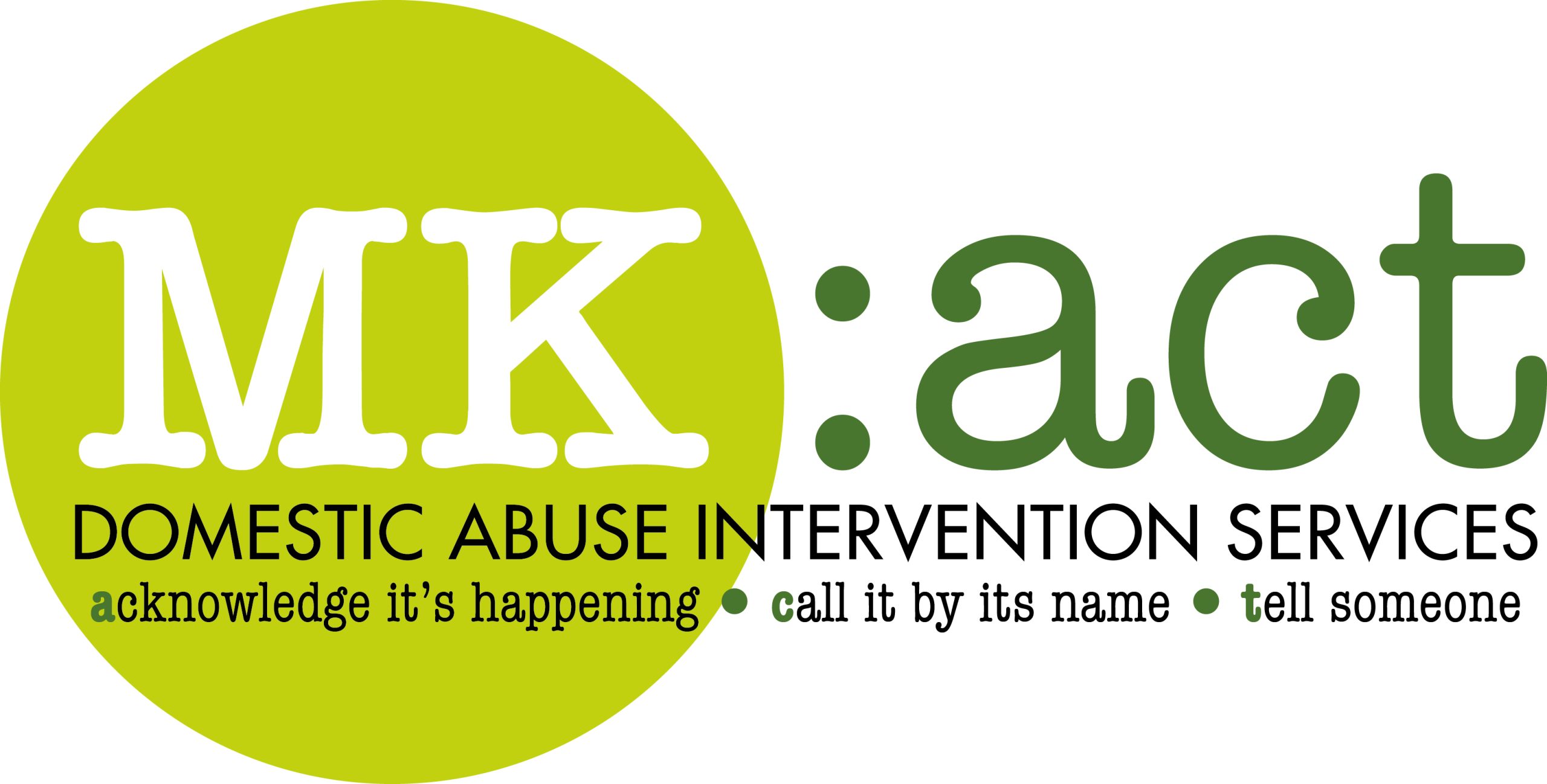If you are worried that someone you know is being abused, you may feel helpless to intervene. We all feel it is difficult to intervene in family matters, but domestic violence is a crime that affects 1 in 4 women and 1 in 6 men. Over 2 victims a week are killed by current or ex-partners
How you can help someone in your street, community or at work:
If you are worried that someone you know is being abused, you may feel helpless to intervene. We all feel it is difficult to intervene in family matters, but sometimes it can save someone’s life if you do. It is important to act safely and sensitively, both to protect yourself and those at risk.
You could try to find a way to make informal contact with the person you feel is at risk, without the abuser being present (perhaps at the shops or waiting at the doctors). This is usually easier and more appropriate for women to do than men, as their motives are less likely to be misinterpreted. If it’s possible, show that you know there’s a problem and want to help.
Help provide public information about services available locally and nationally. Put up leaflets in your local shops, health centres, supermarkets, community centres.
In an emergency, ring the police if you feel that someone is at risk.
What you can do as a professional to respond more effectively to domestic violence:
- Whatever your job, insist that you see women separately from their partners.
- Assure confidentiality and clarify if there are any limits to this (for example, in relation to children).
- Be sensitive to different needs and experiences of women from different backgrounds.
- Ask questions directly and routinely about domestic violence as part of normal interview procedures.
- Document evidence of abuse and its effect on women for use in any legal or court proceedings.
- Give clear messages and direct information about sources of help through posters / leaflets displayed in public offices and community outlets.
- Make it clear that the abuse is not her/his fault, no one deserves to be threatened or beaten, despite what the abuser may have told them.
- If you work with young people give them the opportunity to discuss violence in relationships and access to information about sources of help.
How you can help as an employer:
- By providing a confidential contact person or advice services within the work place.
- Display posters and information – especially in the women’s toilets.
- Offering time off during the day to get help or legal advice.
- Offering compassionate or extended leave.
- Offering relocation or a transfer to another branch.
Everyone can do something to help stop domestic violence. Everyone has a right to feel safe in their own home.

